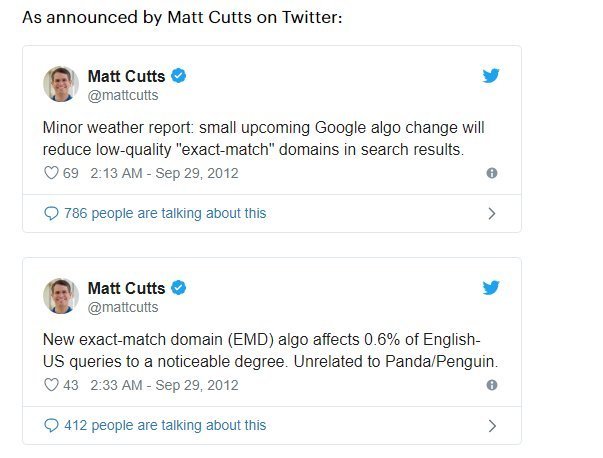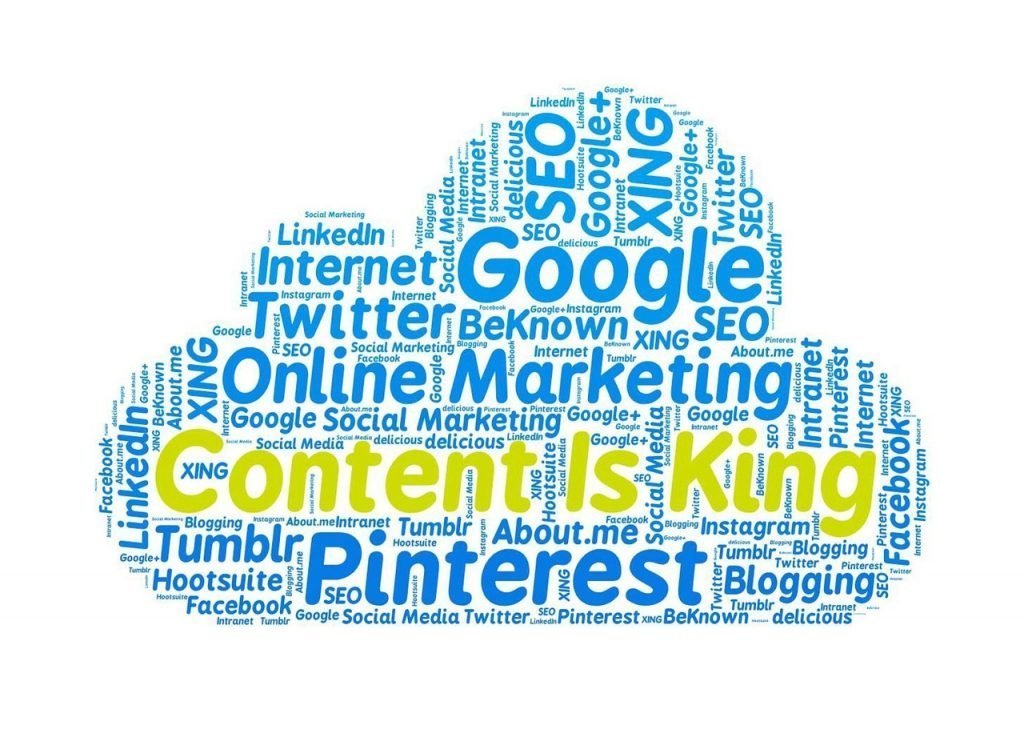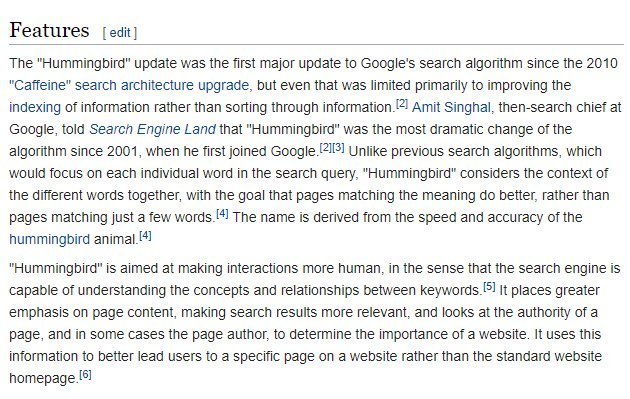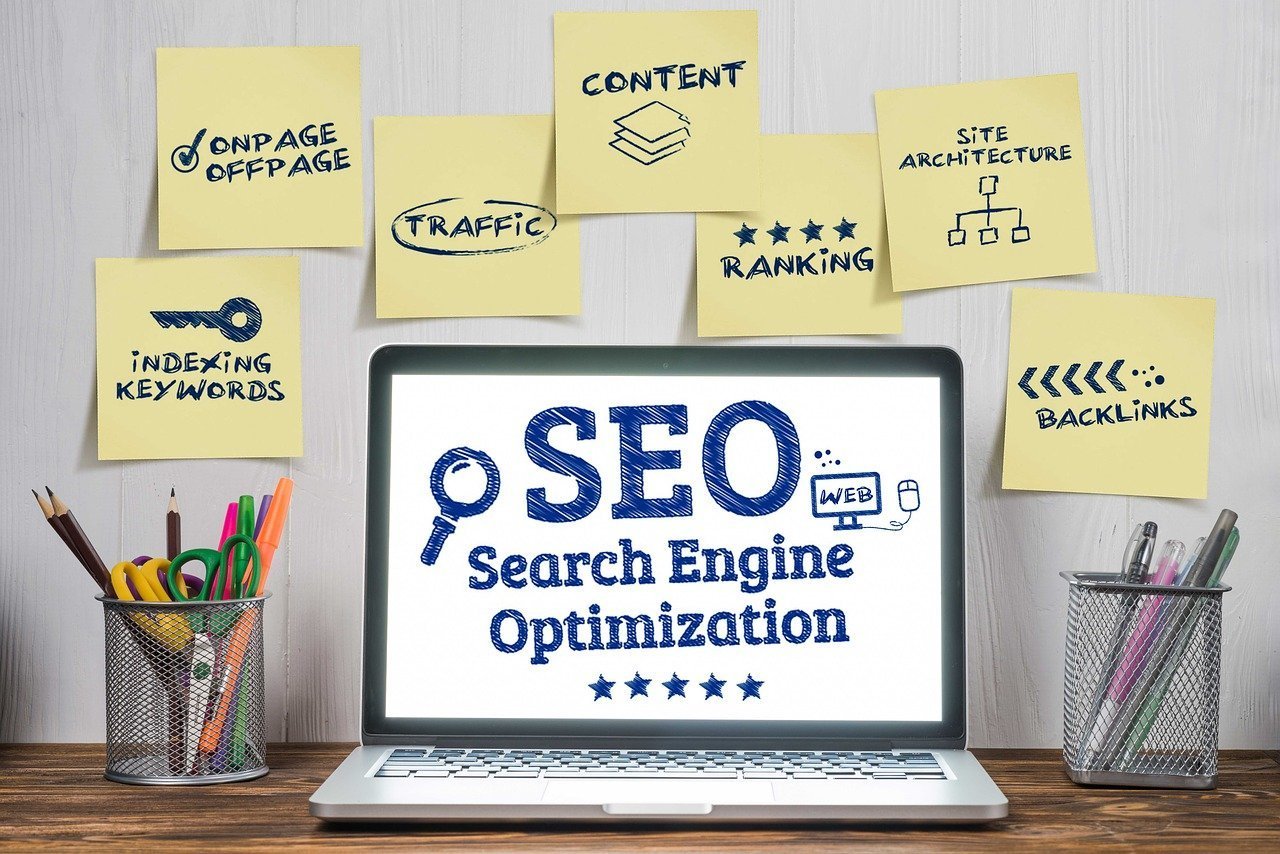SEO – Search Engine Optimisation is widely known as an integrated part of today’s digital marketing strategy for every kind of business or personal branding. It has been said if you not seen in the searches then there is no traffic to your website and no traffic means no business. So optimizing your website with SEO services by which your website ranks in search results when your customer searching for your product or service information is called Search Engine Optimisation.
So, What are the driving factors which Google Algorithm follow to rank website in the first-page result? Yes, There are many which may be we don’t know but today we discuss many of them based on our experience of providing digital marketing services.
Categories of the Google Ranking Factors for Website in 2019
- Domain Name (www.yourwebsite.com) perspective.
- On-Page perspective – On Web Pages Techniques.
- Overall Website perspective.
- How many backlinks to your domain/website.
- User interaction with your Website / Web Pages.
- Guidelines of Google Peoples.
- Business Brand perspective.
- Spam signs.
Explanation, Google Ranking Factors for Website (2019)
Here we go with the highlights of different factors which you should consider and pay attention to while optimizing your business website for search engine rankings.
DOMAIN NAME (WWW.YOURWEBSITE.COM) PERSPECTIVE
- Period of Domain Registration (Domain Age): It does not matter much but if your domain age is older than the latest registered domain, It always has edge over the new domain registration. Also, search engines take domain age into consideration as a spam factor because mostly spamming domains register for one year and then get lost. So if you recently registered your domain name then it is better to register it for long years so it looks legitimate to the search crawlers.
- Domain history attached to it before your registration: Pay little efforts to search about the past of your domain before registering it. Some items it contains a history of spamming, bad backlinks attached to it. This previous past will effect domain authority when it came into existence again.
- (EMD) Exact Match Domain: In initial years of internet, many of webmasters took tremendous benefits from the exact matched domain words, which is now a past thing after an EMD update from Google algorithm. Yes, it still works but if you have quality website content and attached backlinks to it, else it removes from the results very quickly nowadays.

- Slight Keyword in your domain name: If your domain name starts with your keyword it gives you an edge and more relevancy in the search results but yes quality always matter, else EMD update is waiting for you. Example: Kitchengarnish.com, Clothessmarty.com, Pizzahub.com, etc.
- Short Keywords in Sub-domains or URL’s: Yes, Keywords in subdomain or url’s gives a boost to your ranking this is proven strategy.
- Country-specific domain TLD: You already know (.COM) is a global famous domain whereas the country specific domain names (such as .us, .uk, .ca, .de, etc…) always rank good to the particular country visitor results which they belong too. But if you want to grow globally then it is hard to go with the country-specific domain TLD’s. Overall .com always pay higher relevancy as compare to any available TLD in present time.
- Whois record: Try to place same contact details as mentioned on your website contact page in your whois records, it gives a legitimate impression to search crawlers. Also, Public information is always better than the privacy protected whois records.
- Domain name length: Although it is not a ranking factor for search engines, some popular SEO experts say smaller than 15 characters domain name perform better in the search results. Obviously shorter the domain name easy to remember it for the user.
- Hosted on SSL (HTTPS://): Yes, Google gives preference to security hosted website and it takes SSL (HTTPS://) as a ranking factor bu taking the authenticity of the website. It is a must to have an SSL certificate for your domain.

ON-PAGE PERSPECTIVE – ON WEB PAGES TECHNIQUES
- Title Tag of your website: It is important to have your primary targeted keywords at the start of your title tag and remember to keep it up to 60 words only. The lengthy title tag will be truncated by search crawlers and not user-friendly. Title tag format should be Primary Keyword, Secondary Keyword, Brand Name.
- Target keyword in description tag: target primary keyword in your description tag effects the click-through rate of your listing and it is a primary ranking factor as per Google guidelines.
- The architecture of headings: Proper architecture of headings in website content play a significant role as a ranking factor and to show understanding of content subject to the web crawlers. Your primary keyword should be in H1 tag and it should come at the top or before the first paragraph of the web page.
- Keyword density on the web page: How frequently your target keyword & its synonyms come in the content of the web page plays an essential role. It should not be repetitive, easy to understand by crawlers, web visitors and look natural. 1 – 2% of keyword density is a general rule of thumb. More than this looks like keyword stuffing and it will be penalized by the search machines.
- Length of the information on the web page – Although longer the length of content meant a lot to the Google crawlers but it is not a case for every web page. Content should be presented in a user-friendly way in terms of short paragraphs, bullet points, images, tabs, etc. Quality matters most to the Google algorithm. If possible content length should be bare minimum 1500 words and in a qualitative manner.
 How to do On-Page optimisation of your website for SEO
How to do On-Page optimisation of your website for SEO - Web Page Loading Speed: Google already made this official that it gives preference to fast loading websites. So optimize your HTML & caching stuff so that your page will load faster and audit all the points you can find from Google Page Speed, GTMetrix, Pingdom, etc. If you need to hire a speed audit service company you can check with WordPress development Company.How to optimize WordPress website load time
- Google Hummingbird: In the year of 2013, This “algorithm change” advised Google to go behind keywords, they are not limited to just keywords now. Gratitude to Hummingbird, Google can now adequately recognize the subject of a webpage on the internet. That’s why keyword meta tag already removed from the list of Search engine optimization which played a main role in the past ranking determinants.

- Mobile Responsive: Web page should be adaptable to the different screen sizes. Google announced they start giving preference to the mobile compatible website, compatible means web page should show information in a readable format & font size on various mobile devices & tablets. So mobile responsive web designing is a must for this era of the digital world.
- Duplicate content: Google crawlers don’t like the same patch of content on multiple pages on the internet. Unique content with informative subjects ranks faster in the search results.
- Optimize images on your web pages: Search engines Crawlers can’t read or view your images stuff. So image information like file name, title, alt, description information of images plays an important signal to the Google algorithm and it influences your overall ranking.
- Rel=Canonical: Canonical settings may prevent your website from penalizing by Google for the issue of duplicate content. Intentionally or not intentionally many times, especially in multilingual websites software, creates multiple pages of the same content which should be properly set through canonical tags so that Google crawlers can understand the reason of the duplicate content and then it not hurts your ranking.
- Frequency of web pages updates: When you edit or update something on your web page of the website it changes the date of last edited tag of the server which sends a signal to the crawlers to re-crawl it to get latest changes. If crawlers found these types of signals on various pages of a website it gives them a feeling of fresh website content and this is a ranking factor in the Google search engines. So never forgot website just making it live but keep it fresh with new information.
- Keyword Projection: Keywords present in the opening 100 words of the web page content boost to the ranking factor of the website. So perpetually keep the primary keyword in the first 100 words of the content of the web page of your website.
- SEO friendly URL’s – Parts of Primary keyword should come in the URL of your web page of the website.

